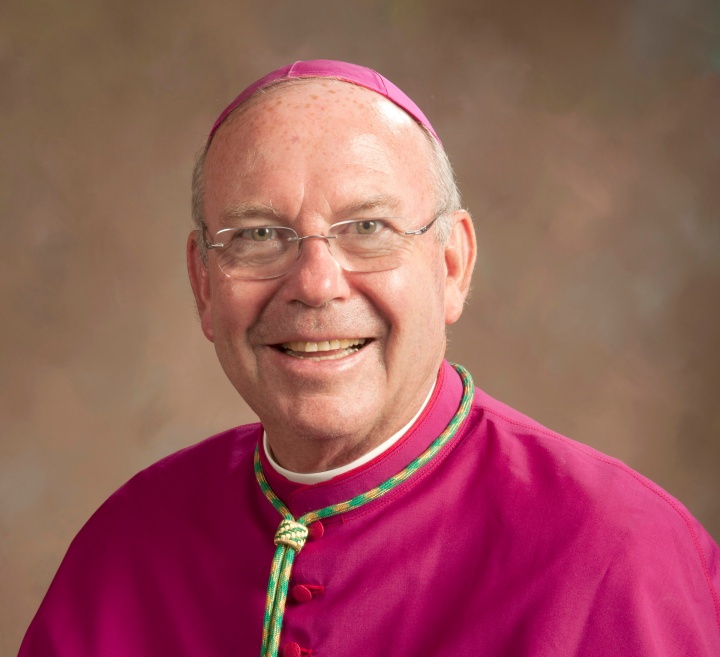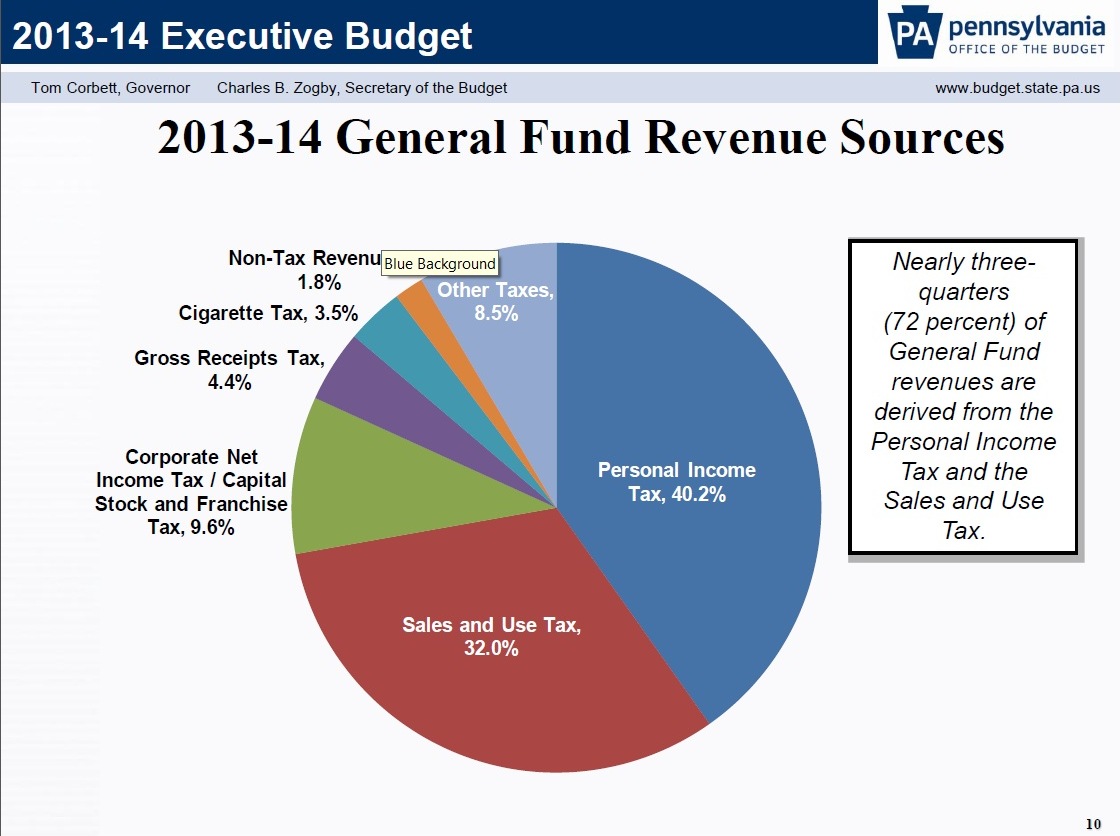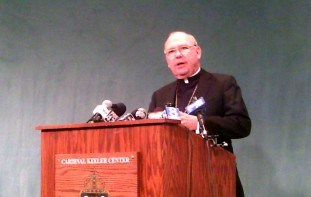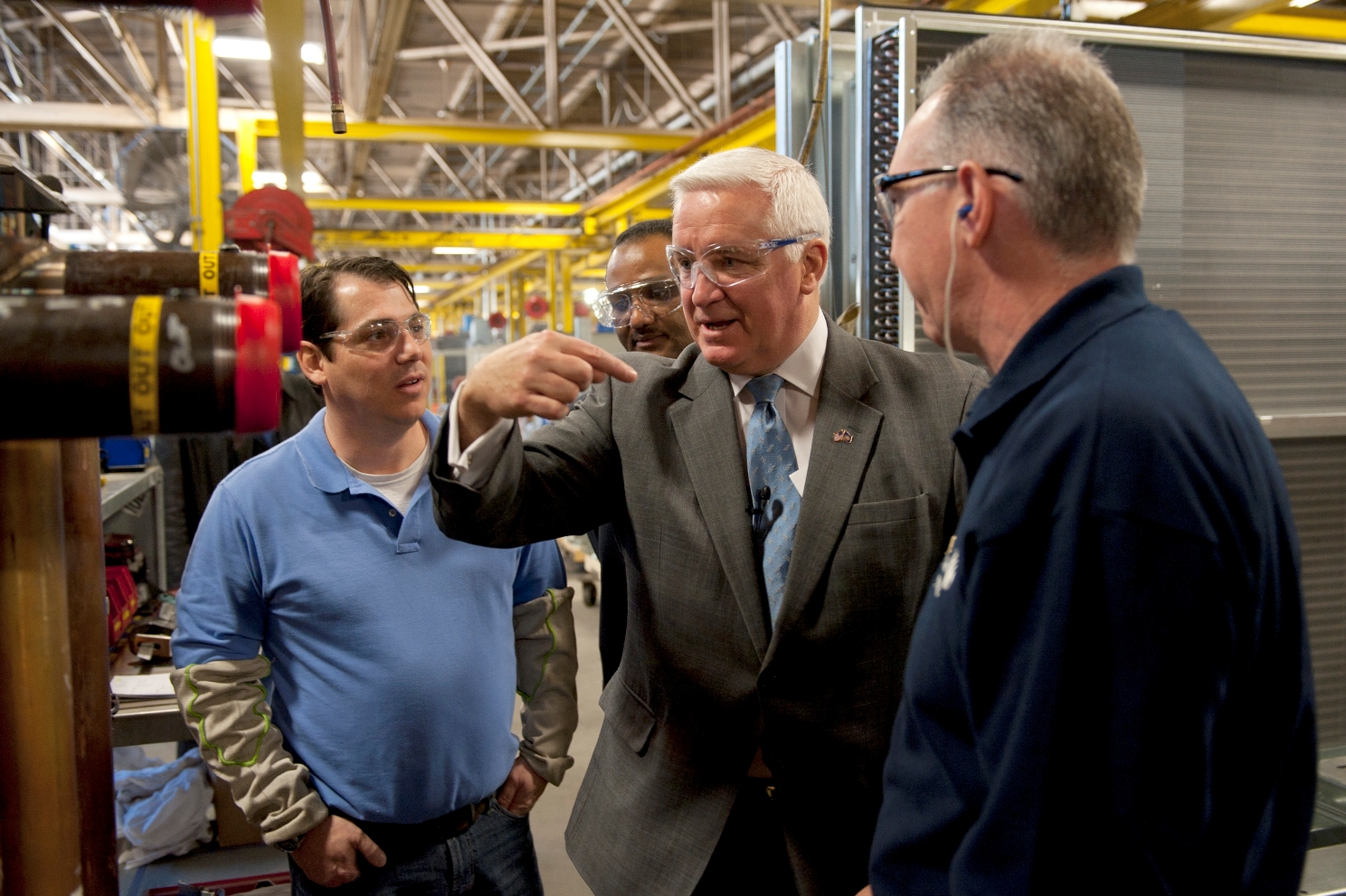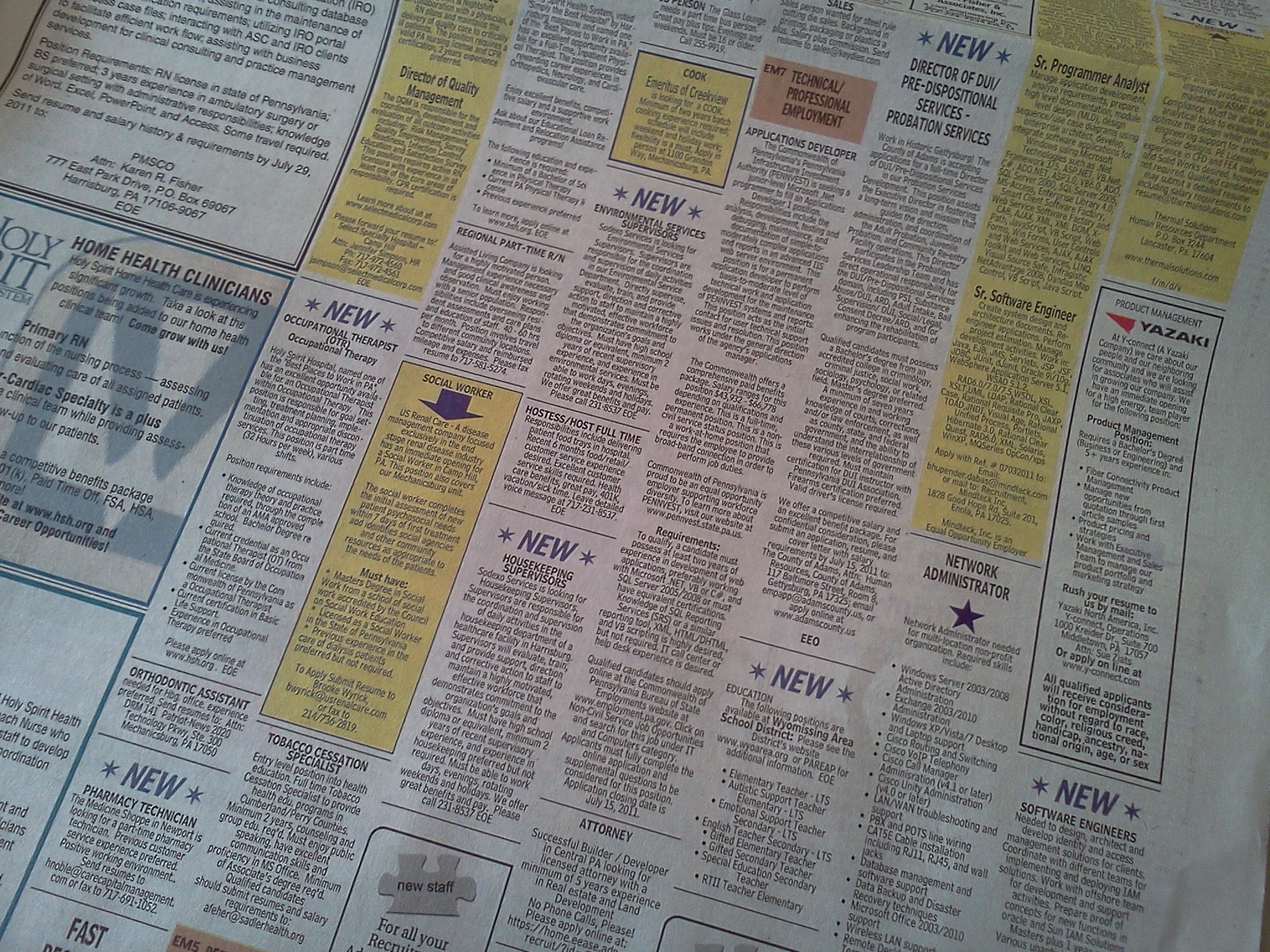Heart Attack Blamed for Bishop’s Death
The Diocese of Harrisburg confirms that it was a heart attack that took the life of Harrisburg Bishop Joseph McFadden last week. McFadden was attending a conference of the Catholic Bishops of Pennsylvania in Philadelphia when he died suddenly Thursday morning at the age of 65.
Additional details about the final moments of Bishop mcFadden’s life were detailed over the weekend on the CatholicPhilly.com website. The article reveals that the Bishop, aware that his life was fading, asked for a prayer of absolution from Monsignor Joseph Garvin as they were speeding to the hospital. McFadden slumped over moments later and roadside efforts to revive him were unsuccessful.
Funeral services are planned over the next several days in Harrisburg. Two viewings and a mass are planned both Monday and Tuesday at St. Patrick Cathedral. On Wednesday, there will be a final viewing at the Holy Name of Jesus Church, followed by the closing of the casket at 10:00am and a funeral mass at 10:30am. Burial will be at Holy Cross Cemetery on Wednesday.
All services are open to the public.


